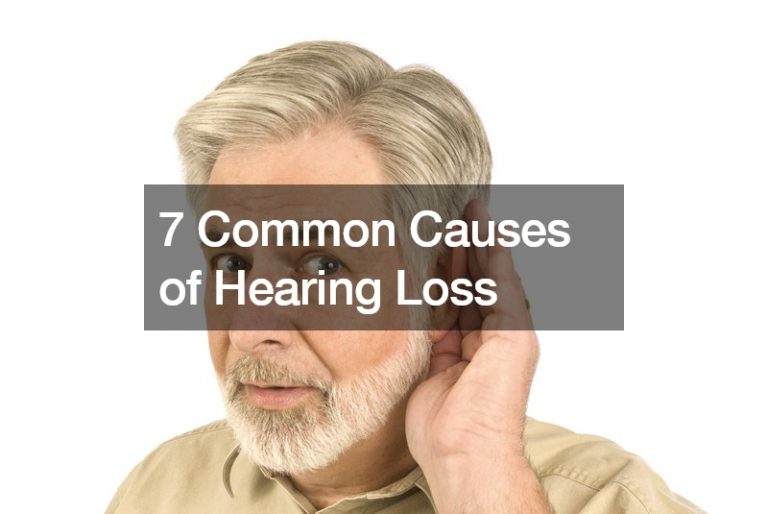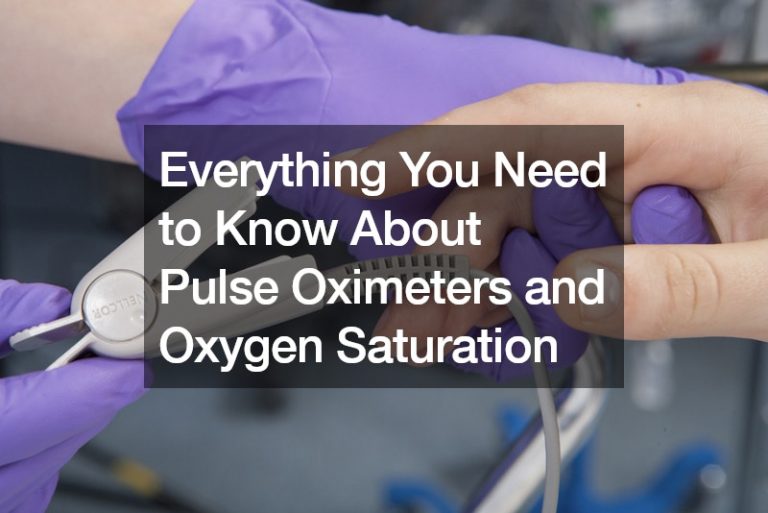• Several factors, including gum disease, poor oral hygiene, hormonal changes, medications, and vitamin deficiencies, can cause bleeding gums.
• Gum disease is the most common cause of bleeding gums and can lead to more serious oral health issues.
• Poor oral hygiene habits, such as not brushing or flossing regularly, can also lead to gum disease.
• Hormonal changes during pregnancy can make the gums more sensitive and prone to irritation, leading to bleeding.
• Your dentist may recommend deep cleaning or scaling and root planing if it is due to gum disease.
Bleeding gums can be a symptom of many mild to more serious conditions. While not all bleeding gums are a cause for alarm, it’s important to know what may be causing your gum bleeding so you can get proper treatment. Keep reading to learn more about this common symptom and its potential causes.
Causes of Bleeding Gums
If you noticed suddenly that your gums are bleeding, there are several potential causes. Bleeding can range from minor to severe, depending on the underlying cause. To understand your bleeding, you must know the possible reasons behind it.
Gum Disease
The most common cause of bleeding gums is gum disease, periodontal disease, or periodontitis. This occurs when bacteria build up along the gum line and cause inflammation and infection. The bacteria form plaque and tartar, which can accumulate on the surface of your teeth and irritate your gums. If left untreated, gum disease can lead to tooth loss and other serious oral health problems, so it’s important to seek treatment as soon as you notice any symptoms, such as redness or swelling in your gums or pain when you brush your teeth.
Poor Oral Hygiene
How often do you floss and brush your teeth? Poor oral hygiene can cause gum disease, which in turn can lead to bleeding gums. Not brushing or flossing regularly can allow plaque and tartar to build up on the surface of your teeth, making them more prone to irritation and infection. In addition, not because you always brush your teeth, you’re off the hook. This is because excessive brushing with a hard-bristled toothbrush may also irritate the gums.
Hormonal Changes
Hormonal changes during pregnancy are another possible cause of bleeding gums; these changes can make the gums much more sensitive than normal, leading to inflammation and bleeding when brushed or flossed too vigorously. Pregnancy can also cause gingivitis, a milder form of gum disease. This does not mean that all pregnant women will experience bleeding gums. Still, it is important to know the potential signs and seek treatment if you notice any changes.

Medications
Some medications, such as blood thinners and anti-inflammatory drugs, can increase your risk of bleeding gums. This is because these medications can reduce the body’s ability to clot and prevent bleeding, so even minor irritation from brushing or flossing could cause your gums to bleed. Additionally, some birth control pills have been linked to increased bleeding in the mouth. If you take any of these medications and experience sudden bleeding gums, you must speak to your doctor about potential side effects and treatment options.
Vitamin Deficiencies
In rare cases, bleeding gums signify vitamin deficiencies, such as Vitamin C or K deficiency. These Vitamins are important for healthy gums and teeth, and when levels are low, the gums can become weak and prone to irritation. If you have been feeling fatigued or have noticed other signs of a vitamin deficiency, it’s important to speak to your doctor about testing and treatment.
Treatment of Bleeding Gums
The best way to treat bleeding gums depends on the underlying cause. If it’s due to gum disease, your dentist may recommend deep cleaning or scaling and root planing to remove plaque and tartar buildup from below the gum line. If your bleeding is due to poor oral hygiene or vitamin deficiencies, you may need to make the following lifestyle changes:
- Brush and floss your teeth at least twice a day
- Use a soft-bristled toothbrush
- Avoid smoking and alcohol
- Incorporate more vitamins into your diet

If you are pregnant, you must speak to your doctor or dentist about the best treatment and oral care regimens for you and your baby. Remember that you are in a sensitive stage, so you must be extra cautious and take the necessary precautions.
See a dentist if you notice any signs of gum disease, such as swollen gums, pain when brushing or flossing, or persistent bad breath. In any case, it’s important to visit your dentist for a proper diagnosis and treatment plan. This will help ensure that your symptoms are properly addressed and that you can return to enjoying a healthy, beautiful smile.
If you’re experiencing bleeding gums, don’t wait too long before seeing a dentist. Early treatment can help reduce your risk of developing more serious problems and keep your smile looking its best.






